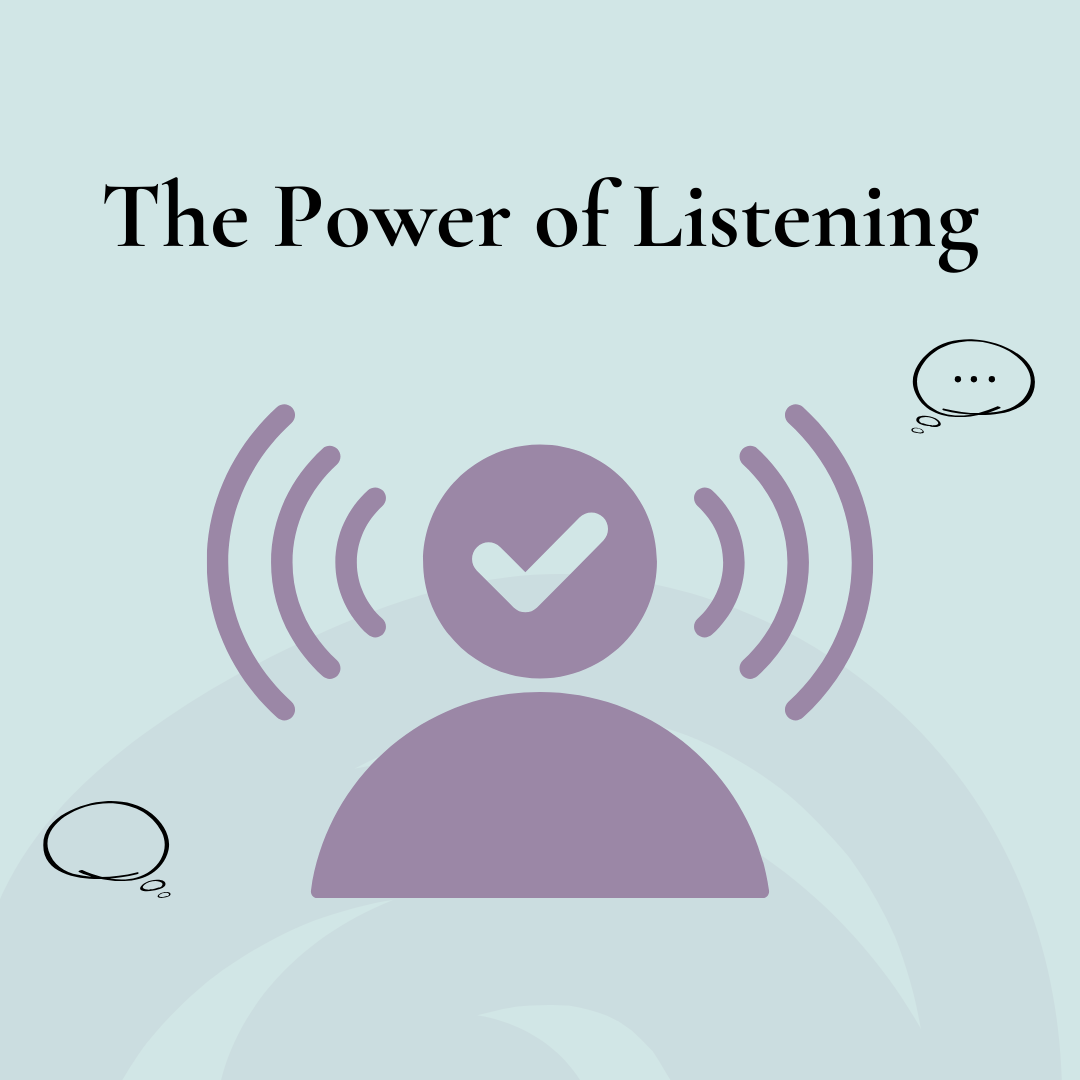At EquiLead, we are striving to identify key factors that can be influenced in the individual, institutional, and systemic ecosystems to accelerate women’s leadership.

The recent Deloitte’s Women @ Work: A Global Outlook highlighted critical workplace and societal factors that are known to detrimentally impact women’s professional growth. On a scale of 100, women working for Gender Equality Leaders (GELs)* scored their loyalty at 76, productivity at 75, and motivation and sense of belongingness at 71. These women professionals are far more likely to recommend their organisations to other women, feel far more satisfied with the mental health support extended to them, and feel more comfortable talking about their mental health in the workplace. They are also much more optimistic about their career prospects and confident that being a woman is not a disadvantage in their organisation.
At EquiLead, we are striving to identify key factors that can be influenced in the individual, institutional, and systemic ecosystems to accelerate women’s leadership in organisations and initiatives working on social impact – which are likely to culminate in heightened work satisfaction and productivity levels and low attrition - indicators that the study outlines as well.
While gender inclusive policy needs to be prioritised as a formal step towards institutionalising gender equity workplaces; we are also cognisant that this process is of making mindful shifts in perspective, process and practice across all levels of the workforce. A factor which we are attempting to unpack for its value and correlation as an enabler of gender-positive approaches at the workplace is that of allyship.
Allyship entails individuals actively backing and championing marginalised communities irrespective of their own backgrounds, moving beyond mere passive endorsement to actively committing to ongoing education, awareness, and action aimed at challenging systemic biases and advancing equality. An ally listens with empathy, amplifies the voices of marginalised groups, and works proactively to dismantle discriminatory behaviours. Through understanding and embracing the experiences and viewpoints of others, allies can serve as catalysts for positive transformation in the workplace.
To explore the theme of allyship at the workplace as a tool fostering inclusivity and impactful leadership, we invited mid-career women professionals in the social impact field to join our virtual Listening Circle earlier this month. This unique gathering was tailored to provide a supportive community for women professionals, offering a space for collaborative learning and the exchange of practical strategies for integrating allyship principles into professional environments.
In this session, women professionals working in social impact focused institutions spanning different roles, tied together in their identity as women who are in some positions of decision making, engaged in a candid discussion about navigating loneliness and addressing workplace inequity. Participants courageously shared their own experiences, sparking a thoughtful dialogue that resonated with others. From grappling with the isolation of remote work to the pressures of leadership decision-making, common threads emerged, emphasising the universal nature of these challenges.
The conversation delved into the complexities of speaking up against inequity in the workplace, with participants sharing personal anecdotes and strategic approaches, highlighting the importance of reading the room and evaluating the potential impact of speaking up. One participant underscored the importance of assessing the potential disadvantages before divulging personal details at the workplace, emphasising the possibility of facing gossip or ridicule.
The Listening Circles are designed as spaces for co-learning where not only the attendees take away key tools or recommendations for imbibing in their respective work lives; but key strategies and tools are tabled for feedback and opinion on their relevance and effectiveness.
At this Listening Circle, we introduced and initiated discussions on the following concepts/tools.
- Introducing the innovative concept of the Human Library, our Community Building and Engagement Lead, Soumya proposed a powerful tool for fostering empathy and understanding in organisational settings. By "borrowing" individuals from marginalised backgrounds to share their stories, the Human Library encourages dialogue and promotes inclusivity.
- During our discussion, we also delved into the Indian Wheel of Power and Powerlessness crafted by the Listener's Collective. This framework allowed us to explore our individual intersectional positionalities and contemplate the ways in which we can leverage our voices within workplace environments to nudge incremental yet meaningful change.
- Additionally, highlighting the pivotal role of empathy cultivation, we delved into the Empathy Triangle and its application in fostering an inclusive workplace environment. As an "ally to all," one prioritises the well-being of all individuals, including oneself. Recognising the inevitable loss of privilege at some point, an ally to all proactively fosters a culture rich in allies, understanding the collective benefits it brings. This approach eschews episodic actions in favour of systemic integration, ensuring inclusivity becomes second nature. The focus extends beyond personal acts of generosity to systemic improvement, with the acknowledgment that one may inadvertently perpetuate non-inclusive behaviour. In embracing this mindset, individuals prepare themselves for accountability and collaborative growth rather than isolation and stagnation.
Yet, amidst discussions of solutions, concerns were raised about the lack of sensitivity and empathy within organisations. For instance, one participant shared how organisations lack understanding of the challenges of their marginalised employees, failing to uphold values internally, even when they work on those issues externally to shift attitudes. The participants further underscored the necessity for structural changes and introspection to effect real transformation.
The virtual Listening Circle served as a forum for profound introspection and shared experiences. Participants stressed the importance of seeking support and fostering open communication to combat loneliness and self-doubt. Moreover, the dialogue shed light on the imperative for systemic change to address workplace inequity effectively.




